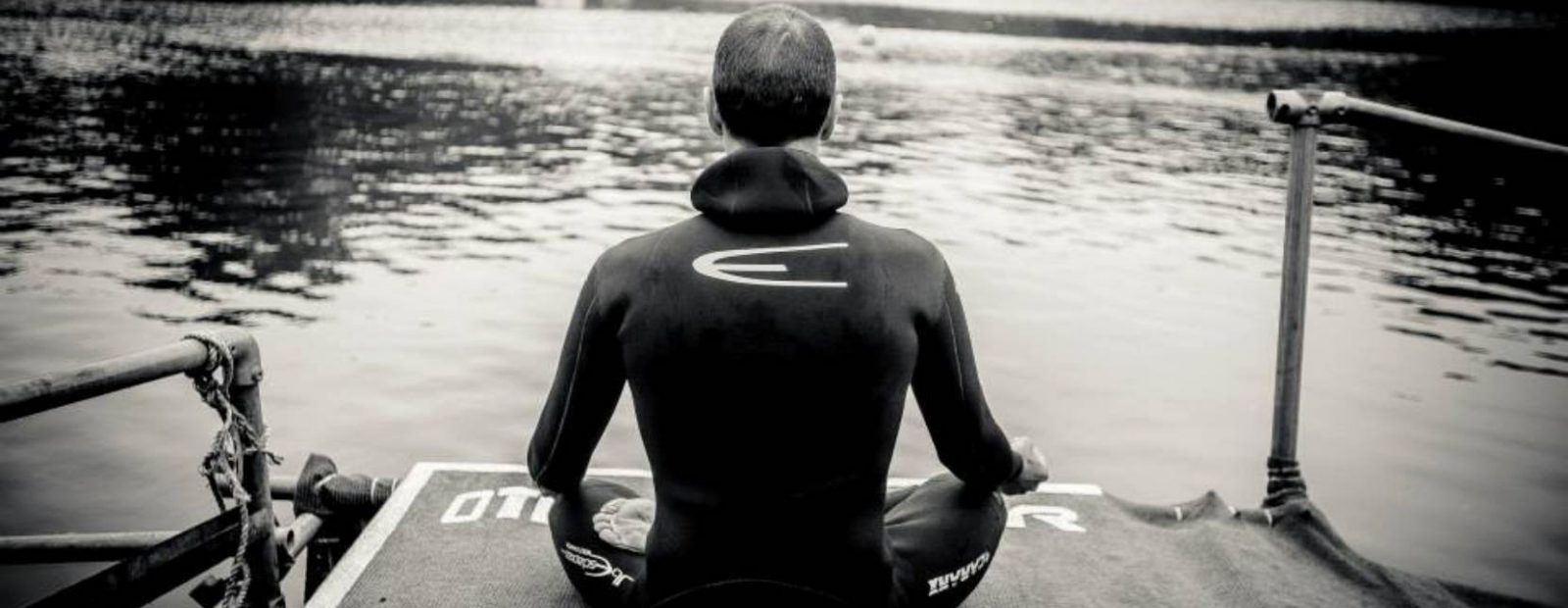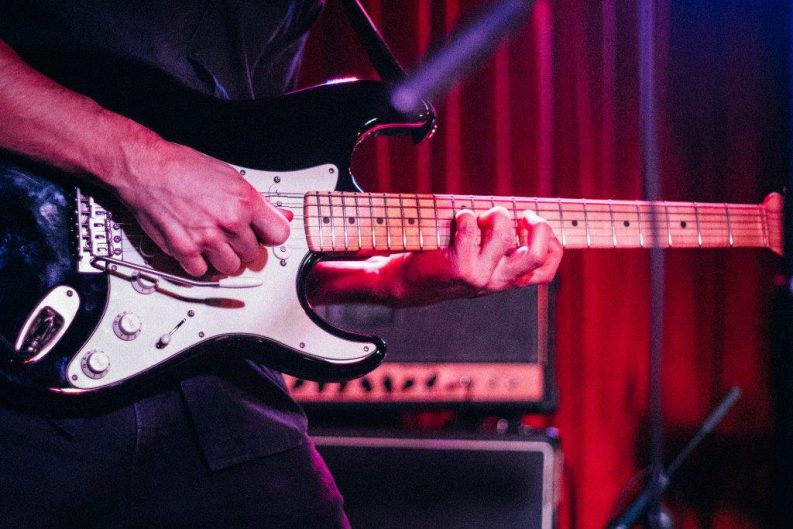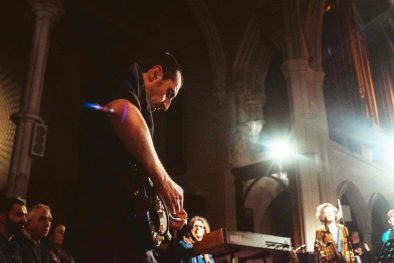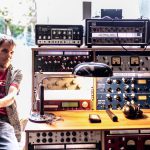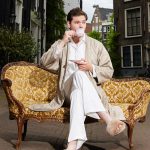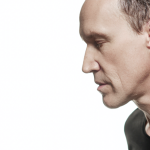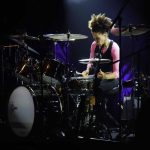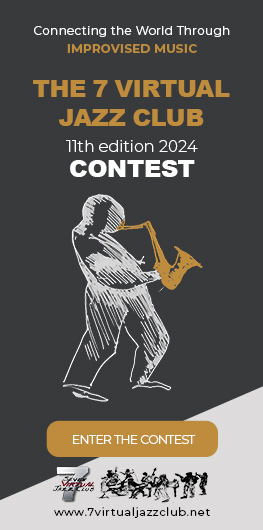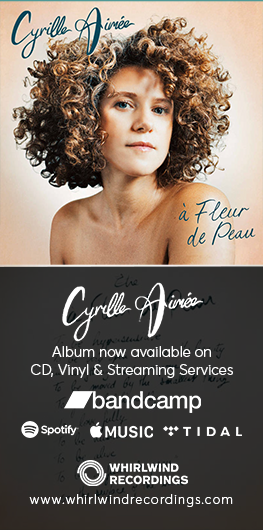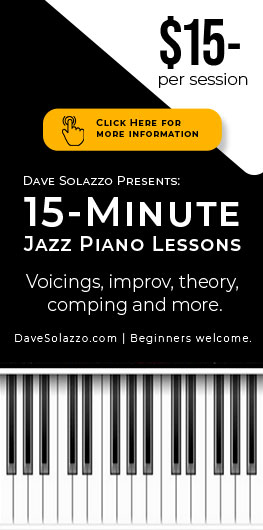Italian guitarist, composer and free diver Marco Piccioni is, as the Evening Standard says, ‘a force to be reckoned with’. Born in Turin, Italy, Marco studied with Italian Guitarist Franco ‘Slep’ Sciancalepore before moving to the USA to study at Berklee College of Music under the guidance of Michael Williams, Jon Damien and Julien Kasper. In 2006, he moved to London and has since collaborated with a wide variety of artists including Cleveland Watkiss, Julie Biel and Tamar Osborn’s Collocutor. He has released two albums ‘Waterflight’ and his most recent ‘Far’, both of which have received excellent reviews.
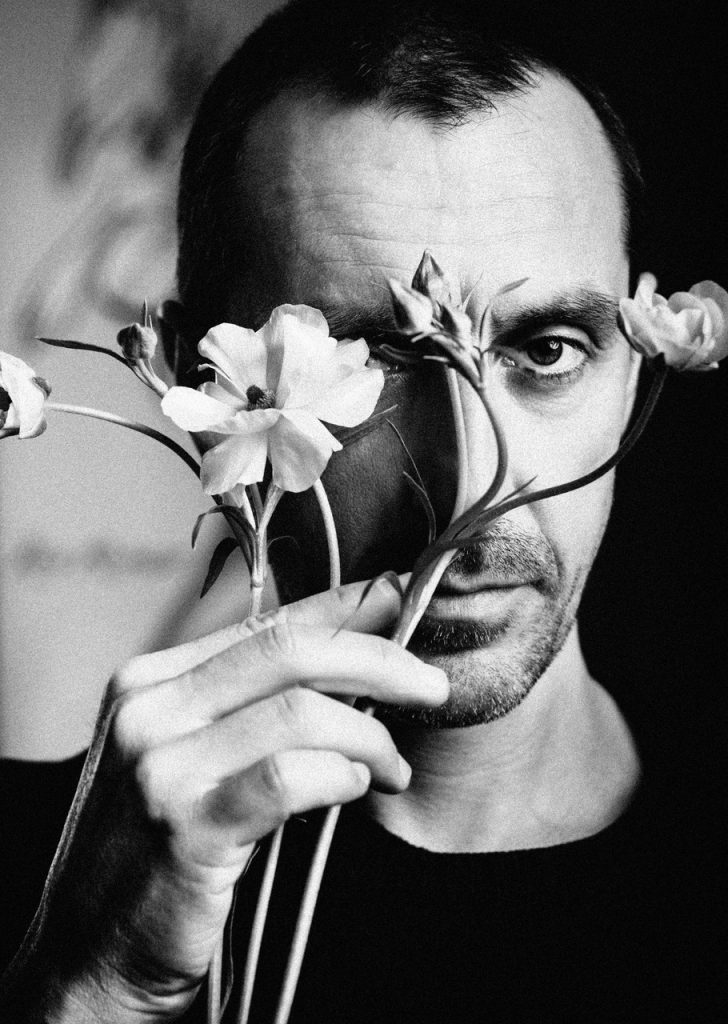 I have been fortunate to know Marco for a few years now and have attended several of his performances and been moved by them all. I have never seen a musician play like him. The way the emotion of the music connects with his performances is astounding. I was due to review his gig at London’s Pizza Express, but as with many events, this was sadly cancelled due to the lockdown; so, I thought I would take this opportunity to talk to Marco about his music, freediving and the lockdown.
I have been fortunate to know Marco for a few years now and have attended several of his performances and been moved by them all. I have never seen a musician play like him. The way the emotion of the music connects with his performances is astounding. I was due to review his gig at London’s Pizza Express, but as with many events, this was sadly cancelled due to the lockdown; so, I thought I would take this opportunity to talk to Marco about his music, freediving and the lockdown.
One of the first things we discussed, of course, was the lockdown and the impact it is having. We talked about how some people are not knowing what to do with their time and are bored.
MP: No! You cannot be bored. It should be illegal.
Exactly! However, people are understandably struggling and extremely worried and unsettled. But, as with all situations, surely, we can also find some positives and reflect on not only ourselves but the impact on society and what really is a priority.
MP: When it all started, I was, of course, a little bit afraid. I also was a little bit ill and I had one week where I was not even active – mentally or physically. But then I realized first of all, what has become so relevant, is taking care of our health. I’ve been lucky in the last few years to become extremely obsessed with health – what we eat, what we do, what we think, what we say – all the aspects of health. It is so important that we engage as a society, as a community and to really invest in education about that – and there is not much. So hopefully, this will be a moment of reflection for many. Maybe, we will learn what good health means? So, this is a very positive thing. Of course, I don’t have gigs, my colleagues don’t have gigs and also many other types of economies are struggling. For musicians, if you have a shelter, if you have enough food, if you can pay your bills (or have some kind of support that can delay bills) and you can manage to stay home without the fear, I think it is an exceptional and beautiful time.
Having had many conversations with a wide range of people about the current situation in the world, as I am sure all of you have, this was the first time someone had said that this could be a beautiful time. Words that are regularly used at the moment – distance, isolation – are usually considered in a negative context and of course, being isolated from what we know and love, is challenging to say the least. Everyone is basically being forced to be an introvert. But – and this is a big but – we must also consider the positive side to isolation and also perhaps rethink what the word isolation means to us, as individuals and the impact that can have on our role in society. In Carl Jung, the hugely influential Swiss psychiatrist, analysis of personality types, he spoke of the introversion attitude as one that focusses on reflection, dreams, understanding and vision. Marco and I talked about isolation.
MP: It is a very lucky time when we can go back into the foundations. You know, when you are a student in music, we always talk about the shed, going back into your studio, your home. The Ancient Greeks would call that the Temenos – a scared place where anything could happen. There’s a beautiful book by Stephen Nachmanovitch
called ‘Free Play: Power of Improvisation in Life and the Arts’. He talks about practice and the ancient Greek system of creating your studio, which can be your living room, your bedroom, anywhere, where you go back into your inner meditative state – go back to the foundations of your Art. This is such a unique opportunity and we have to use it as much as we can to get up early in the morning and just experience this beautiful isolation that only good things can come out of it.
The link with the Ancient Greeks is also connected to Marco’s love of the beauty freediving. If you do not know much about freediving, it is well worth exploring its philosophy. Freediving can be traced back at least 2000 years where people would dive to seek food, but Marco seeks – and finds – a different type of sustenance through the water.
MP: I’ve always been in the water with my father when I was a kid, so it’s always been something that I have done. But then about ten years ago, I was going through a dark period of my life and while I discovered meditation, I actually started to have images of being in the depth of the deep sea. Just recurring images. So, at the beginning it was, traditionally it could be considered a dark image, but actually it revealed itself to be a healing process. Going extremely deep within ourselves or in an element – that process has a positive healing effect. And then because I had experienced this mentally, eventually it was so natural to feel the calling in the material world – a mental, dream-like mediation experience. I started to desire to get in the water, like never before and to give a meaning to it that was different from what I had before and since I was a kid. It was a more profound, inner surge but also more an outer observer experience.
Marco’s experience with freediving had a profound impact on him and his way of life – and of course his music.
MP: It became extremely inspiring for the musical element. There is so much stuff that I probably ignored, about the rest of the world – the ocean and the environment for example, nature in general – that it really started to change my life completely. So, I guess the freediving is just one of the many beautiful activities I could have ended up doing. But it just, and I guess it probably happens to everyone – a moment of darkness that we all, sooner or later experience – can be used and can be a great opportunity to grow. I mean like we are experiencing now in our society with our health and economic crisis, it can be an incredible opportunity to reset, to rethink and to grow in different ways. So, I was very grateful and now absolutely, freediving is exploration for me and keeps me very healthy. I have more inspirational elements for my music.
Marco’s last album ‘Far’ came out a few years ago but has been recently receiving a lot of attention – and quite rightly. It is a beautiful album which communicates so much.
MP: It’s been too long – five years. It’s an attempt at resilience. The concept behind it is a discovery of ways to be resilient and also, of course, the element of water is symbolic of cleansing – it’s almost like a prayer. After I did the album, I actually went into the activities that the album is suggesting – immersing myself into water and mediation, the health aspect and the mental health aspect. It was a calling into a reset, detoxifying and a way out in spring, I would say, towards the next phase of life.
And the next phase, certainly musically for Marco, is his next album. We spoke about the challenges of writing lyrics and realizing concepts.
MP: All the songs are ready and I’m quite excited. I’m still hoping to record in July. In a fantastic, ideal scenario, I would be able to release by the end of the year or early 2021. I have co-written this time and I think it was a good idea for me to work with a proper lyricist this time and this has helped me to give words to my concepts.
I consider myself a very young writer but it’s a good way to be. In terms of what I should write, I feel I should try to write things that are relevant for a possible improvement of our lives and our society and of course, there are certain things that I have become more sensitive to…it’s difficult to put that into music and that’s what I’ve found. It’s not easy to put in certain issues and also make it effective so that is not falling into the preaching, or the cult – to make it accessible with some sort of sensibility.
Having lived and studied in Italy, New York and now London, we talked about some of the differences and how those experiences shaped his music and why so many Italian musicians seem to move London.
MP: The Jazz industry in Italy has developed massively, especially in the last twenty years and definitely since I left. But I guess an aspect, of working in the UK is a kind of primal element which is the juxtaposition of the old music industry with all kinds of genres. For example, if you are a jazz musician in London, you will end up playing in maybe a soul function band, or a singer/songwriter that is maybe more pop/rock. You will do so many things and it’s just the nature of the UK music industry. For me, the other fundamental reason why musicians are drawn to London is because of the language and how the music developed out of blues in the 50s and then the 60s,70s in the UK and became rock and roll is related I believe, to the English language. Many people come to London and there is always the option to go to LA, New York, Europe, and those places people feel they have that connection. And I have thought about this and I’m pretty sure now that the relationship is between the music and the language.
There’s a beautiful interview, that I always show to my students actually, when we talk about the blues, by Wim Wenders, the German director. He talks about how the specific qualities of the English language are essential in the formation of Blues music and then Rock music.
The Blues is another crucial and core element to Marco’s artistry. Without wishing to categorize or analyse, I asked Marco about his relationship with the genre and if he considered himself a blues musician.
MP: Absolutely I feel very connected to blues. I ended up studying jazz even though I wasn’t necessarily planning to. I found myself in these beautiful jazz schools, so I discovered jazz and I forced myself to connect to jazz. Eventually, when that happened, the blues element just became so much more complete. Those two elements are the foundation of what defines my musical language. But then I’m also, I guess in a conflicted position. I am Italian I grew up in an Italian village and I started to speak English when I was in my 20s. I discovered Blues because of the records and because of my teacher. But I’ve never experienced the birth of that music or a highly influenced culture like Britain has and north Europeans have. So somehow this is the mystery of it. I felt absolutely connected to it and I feel when I play that kind of language comes across. I feel comfortable within it and I don’t feel I’m cheating.
No one would ever feel Marco is cheating. His music and artistry are truly authentic, which in today’s social media-driven world, is sometimes hard to portray. Marco is incredibly humble and has often felt, as many of us do, uncomfortable with the self-promotional elements of being a musician today.
MP: I think I’ve made peace with that aspect of trying to sell myself. And maybe I haven’t found the right formula, but we have this beautiful gift, this beautiful opportunity as musicians to make music and to share it with others. I think that is something that is a very good thing to give out and that’s what makes me comfortable. I’m trying to keep grounded and hopefully give out something that is valuable.
I am very excited to hear Marco’s album when it is released, and I highly recommend you explore Marco’s inspirational work. I would like to end this article with Marco’s words:
MP: Managing to use the power of art and especially music, to do something that makes people think – that’s amazing.
Artist website: Marco Piccioni
Latest Album: FAR
Senior writer: Fiona Ross
Photo Credits: Feature – Sandy Greenway. Alexandra Dao – Jordan Matyka – Karoline Weilocke
Last modified: May 9, 2020


